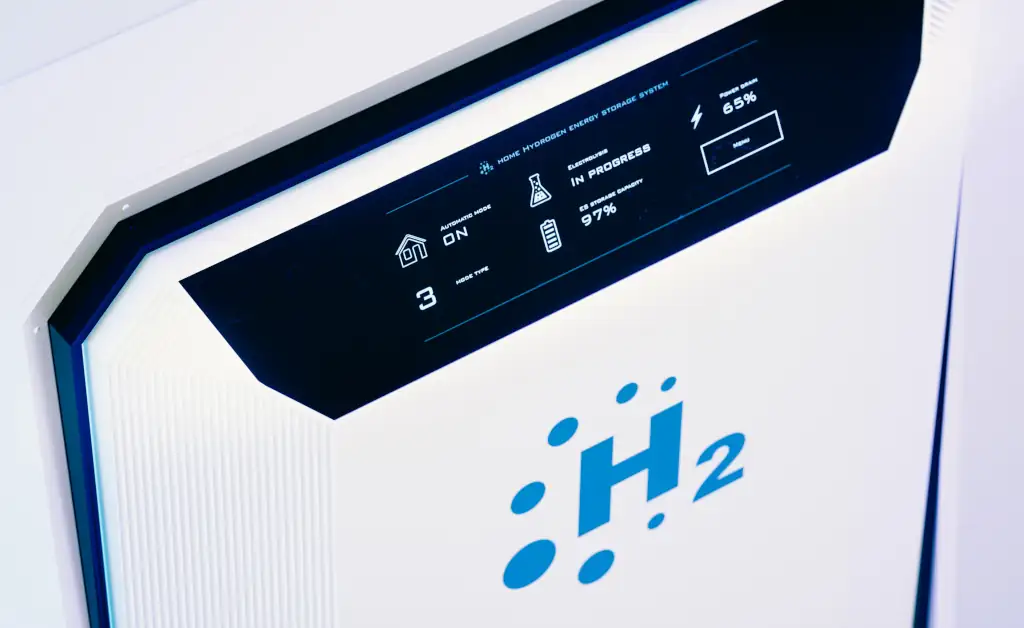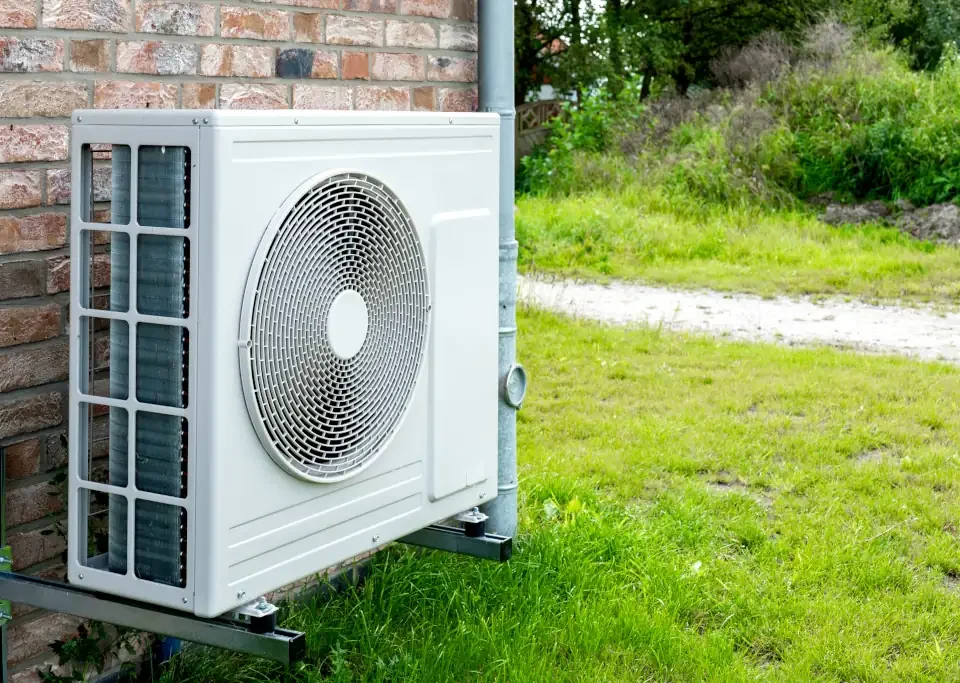The Future of Home Heating: Hydrogen-Ready Boilers Explained

Artist Impression
In recent years, there’s been growing interest across the UK in how we heat our homes more sustainably. With energy prices fluctuating and the need to reduce carbon emissions becoming more pressing, many of us are looking for practical solutions that align with both environmental goals and household budgets. One area of innovation that’s gaining traction is hydrogen-ready boilers – a heating option that promises to support the gradual shift away from natural gas without major upheaval to our current systems.
As heating professionals with hands-on experience in boiler installations, upgrades, and servicing, we’ve been keeping a close eye on the development of hydrogen-ready technology. These boilers are designed to work with natural gas for now, but they can be easily adapted to run on 100% hydrogen in future. For households that want to be prepared for the UK’s transition towards greener fuels, they present a promising way forward that doesn’t require a full heating system overhaul.
While hydrogen heating isn’t available just yet, it’s firmly on the Government’s radar. Trials are already underway in certain parts of the UK, and if successful, the switch to hydrogen could become part of our national decarbonisation strategy. That’s why it’s a good time for us all to understand how hydrogen-ready boilers work, what benefits they bring, and how they could fit into our long-term home heating plans.
What Is a Hydrogen-Ready Boiler?
A hydrogen-ready boiler looks and operates much like a conventional gas boiler. It heats water for your central heating and hot taps in the same way, using a burner and a heat exchanger. The key difference lies in its internal design, which allows it to be converted from using natural gas to hydrogen with a simple technician visit and some minor component adjustments. This means homeowners won’t need to invest in a completely new boiler system when hydrogen becomes more widely available.
Manufacturers such as Worcester Bosch and Baxi have already developed hydrogen-ready models that meet existing gas regulations and standards. These units are being designed in anticipation of a broader move to hydrogen fuel, and if the UK’s gas network shifts accordingly, these boilers will be ready to adapt without major disruption to households.
Why Is Hydrogen Being Considered for Heating?
Hydrogen is being explored as a cleaner alternative to natural gas, which currently accounts for a significant portion of the UK’s residential carbon emissions. When burned, hydrogen produces water vapour instead of carbon dioxide, making it a low-carbon option for heating. This potential has caught the attention of industry experts and government bodies alike, especially as the UK aims to reach net-zero carbon emissions by 2050.
Unlike electricity-based heating systems, hydrogen could offer a familiar and cost-effective transition. Existing gas networks, with some modifications, could potentially distribute hydrogen, allowing homeowners to continue using boilers and radiators without switching to completely new infrastructure. This practicality is one reason why hydrogen is being seriously considered alongside other technologies like heat pumps and district heating systems.
How Do Hydrogen-Ready Boilers Compare to Traditional Gas Boilers?
From a day-to-day user’s perspective, there’s very little difference in performance or functionality between a hydrogen-ready boiler and a modern gas boiler. They are compatible with existing heating controls, radiators, and pipework, and are similarly efficient. Installation and servicing are also broadly the same – something we’ve found helpful when advising customers who want future-proof solutions without overhauling their homes.
One thing we always highlight is that hydrogen-ready boilers are currently more of a long-term investment. They don’t run on hydrogen yet, but they offer peace of mind that when the fuel switch happens, your system won’t need replacing. It’s a forward-thinking choice for those replacing an ageing boiler now, but planning to stay in their home for years to come.
What Are the Benefits of Choosing a Hydrogen-Ready Boiler?
From our experience fitting new boilers in homes of all shapes and sizes, the biggest appeal of hydrogen-ready units lies in their flexibility. They offer:
- Future compatibility: These boilers can be converted to hydrogen quickly and cost-effectively by a qualified engineer.
- Lower environmental impact (in future): Once hydrogen becomes the norm, homeowners will be using a fuel that doesn’t emit carbon dioxide.
- Minimal disruption: Installation is similar to that of standard boilers, so there’s no need to change pipework or radiators.
- Peace of mind: Choosing a hydrogen-ready boiler now means you’re ahead of the curve, especially as regulatory changes draw nearer.
We also appreciate that they are being built to the same high standards as existing premium gas boilers. For example, the Worcester Bosch hydrogen-ready boiler has been trialled and developed with industry and Government support, ensuring it meets safety and performance expectations.
Are There Any Drawbacks or Considerations?
While hydrogen-ready boilers sound like a smart option, they do require careful consideration. First, the UK still needs to finalise its hydrogen strategy, including how the fuel will be produced, stored, and distributed. Until these details are resolved, hydrogen-ready boilers remain a future-proofing measure rather than a short-term carbon reduction tool.
Secondly, these boilers are currently a bit more expensive than their gas-only counterparts, although the price gap is narrowing as production scales up. And although they can switch to hydrogen quickly, it’s not a DIY job – the conversion must be handled by a professional with the correct training and certification.
We’re also conscious that hydrogen production can have its own environmental impact depending on how it’s generated. The aim is to focus on ‘green hydrogen’ produced using renewable electricity, but that infrastructure is still developing.
Is a Hydrogen-Ready Boiler Right for Your Home?
Choosing a new boiler involves balancing cost, efficiency, and future-proofing, and from our experience, hydrogen-ready boilers can tick all three boxes for many households. If you’re due to replace an older boiler and want to be prepared for future changes in how we heat our homes, a hydrogen-ready model could be a sensible choice.
That said, it’s not the only low-carbon option available. Heat pumps are already in use and may suit certain properties better, particularly newer or highly insulated homes. It’s worth considering your home’s size, insulation, and budget before deciding – and we’re always happy to assess which heating system would serve you best now and in the future.
What’s Next for Hydrogen Heating in the UK?
The Government is expected to make a key decision around 2026 regarding the future of hydrogen for home heating, following ongoing trials in areas like Ellesmere Port and Fife. Until then, hydrogen-ready boilers remain a proactive choice for those planning ahead.
Organisations such as the Energy Networks Association are supporting hydrogen development, working with suppliers and engineers to ensure the UK is technically and safely prepared for a hydrogen transition if it goes ahead.
In the meantime, we’ll continue to monitor the developments closely, updating our customers and adapting our services accordingly. With the right technology and advice, homes across the UK can be well-prepared for cleaner, more efficient heating – whatever the future fuel source turns out to be.



